Learning by doing, also known as experiential learning, is a methodology where individuals learn more effectively through hands-on experiences and active engagement rather than passive learning methods like reading or listening. This approach emphasizes practical application and real-world experiences to deepen understanding and retention of knowledge.
Learning by doing is effective because it allows learners to make mistakes, learn from them, and actively engage with the material, leading to deeper learning and better retention. By immersing individuals in concrete experiences, encouraging thoughtful observation, promoting abstract conceptualization, and facilitating active experimentation, this method enhances skills such as critical thinking, problem-solving, decision-making, teamwork, and creativity.
The process of learning by doing aligns with the idea that active participation generates a more profound understanding of the subject matter and fosters a more meaningful and lasting learning experience.
In the context of the workplace, implementing learning by doing involves several key principles and practical applications:
- Active Engagement: Involving employees in practical tasks and activities that simulate real-world scenarios.
- Reflection: Encouraging employees to reflect on their experiences, draw connections with prior knowledge, and identify key learnings.
- Collaboration: Fostering teamwork and interaction among employees to enhance learning through shared experiences.
- Personal Relevance and Authenticity: Making learning experiences meaningful and applicable to employees' roles and responsibilities.
- Learner-Centered Approach: Tailoring learning experiences to individual needs and preferences to maximize engagement and effectiveness.
Using the above key principles, here are some examples of its practical application in the workplace:
- Simulations and Role-Playing: Using simulated scenarios or role-playing exercises to allow employees to practice skills in a safe environment.
- On-the-Job Training: Providing opportunities for employees to learn new skills while performing their regular job duties.
- Coaching and Mentoring: Pairing employees with experienced mentors or coaches to guide them through practical learning experiences.
- Project-Based Learning: Assigning projects that require employees to apply new knowledge and skills in real-world situations.
- Problem-Based Learning: Presenting employees with real-life problems or challenges that they must solve using their skills and knowledge
By incorporating experiential learning practices like those mentioned above, organizations can effectively develop critical thinking, problem-solving, teamwork, leadership, and other essential skills among their employees. This approach not only enhances skill acquisition but also boosts employee engagement, motivation, and overall performance in the workplace.
Over the years, ELB Learning has partnered with leading organizations to create better learning experiences and deliver experiential learning to its learners.
From technology and hospitality to eCommerce and professional services firms, we have successfully implemented learning by conducting training programs for organizations across industries. Do you want to see demos of projects that have applied these principles?
Are you looking to engage your learners with the curriculum better? Speak with our learning strategy team today.








